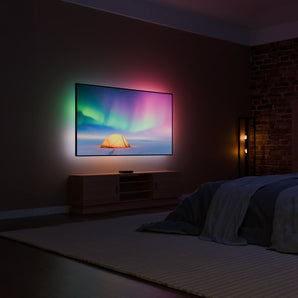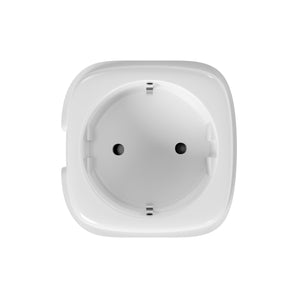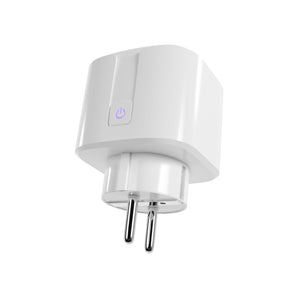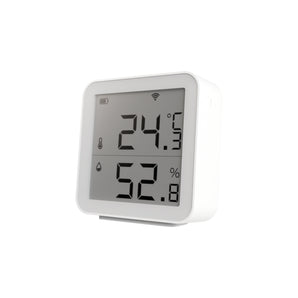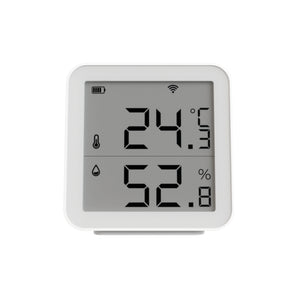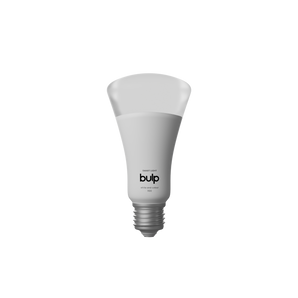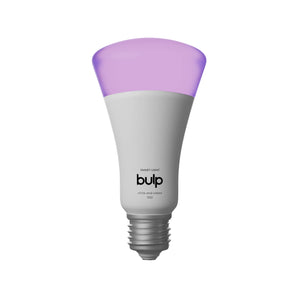Fire safety starts at home, and in the Netherlands, the importance of a smoke detector is not just a recommendation - it’s a legal requirement. Since July 1, 2022, all residential properties in the Netherlands must have smoke alarms installed on every floor where people live or sleep. This regulation aims to prevent fatalities and serious injuries caused by residential fires.
But simply installing a fire alarm is not enough. Understanding which smoke alarm system offers the best protection, how interlinked smoke alarms can save precious time, and how smart smoke detectors can notify you even when you're not at home, will help you make informed decisions to keep your home and family safe.
Smoke Detector Requirements in the Netherlands
Dutch law requires that:
-
Every floor of a home where people live or sleep must have a smoke alarm.
-
The alarms must comply with the EN 14604 European standard and must have a CE mark.
-
It is highly recommended to use interconnected smoke alarms, especially in larger homes or multi-story buildings.
This regulation applies to both new and existing homes. In newly built properties, the requirement has been in place since 2003, but now the rule is also mandatory for all existing buildings.
Whether you use a hardwired smoke detector, a wireless smoke alarm, or a smart smoke detector, the key is that the device must be properly installed and functional.
Why Are Smoke Alarms Legally Required?
The primary reason for the Dutch smoke alarm law is simple: early detection saves lives. Most fatalities in house fires are caused by smoke inhalation, often while people are asleep. A properly functioning smoke detector or fire alarm system provides an early warning, giving residents valuable time to evacuate safely.
In the Netherlands, where homes are often tightly built, fast-spreading fires can become deadly within minutes. A smart interlinked smoke alarm can significantly reduce this risk.
Where Should Smoke Alarms Be Installed?
To comply with Dutch fire safety standards:
-
Install at least one smoke alarm per floor.
-
Place smoke alarms in escape routes like hallways and landings.
-
Avoid installing smoke detectors directly in kitchens or bathrooms to prevent false alarms. Instead, use heat detectors in these areas.
-
For homes with attics or accessible storage spaces, a smoke detector is also required on those levels.
For best coverage, using interconnected smoke alarms ensures that if one alarm detects smoke, all alarms in the house will sound, giving everyone in the building the maximum response time.
The Benefits of Interlinked Smoke Alarms
Interlinked smoke alarms, also called wireless interconnected smoke detectors, offer superior protection compared to standalone models. When one alarm is triggered, all alarms in the home go off simultaneously.
This is especially useful for multi-story homes or large properties, where a fire detected in the basement or attic might not be heard on the top floor. Wireless smoke detectors make interlinking possible without the need for complicated wiring, making installation quick and flexible.
Smart Smoke Detectors: Protection, Even When You’re Not Home
A WiFi smoke detector allows remote monitoring, self-testing, and mobile notifications, offering extra peace of mind. Some of the best options combine smoke and carbon monoxide detection in one device, such as.
Smart detectors help you take action faster. Imagine being at work and receiving a phone notification from your BULP Smart Smoke Alarm about smoke at home - you can immediately call emergency services or alert a neighbor, even before you return home.
Maintenance Tips for Smoke Alarms
To keep your fire alarm system reliable:
-
Test each smoke alarm monthly using the test button.
-
Clean alarms regularly to prevent dust build-up.
-
Replace batteries yearly, unless you have a 10-year fixed battery model.
-
Replace smoke detectors every 10 years, even if they still seem to work.
For interlinked smoke and heat alarms or wireless interconnected smoke detectors, always follow the manufacturer’s guidelines to maintain proper connectivity.
Conclusion: How to Maximize Your Fire Safety
Fire safety is not optional - it’s essential. By choosing reliable, properly installed smoke detectors and fire alarm systems, you significantly increase your family’s safety.
For optimal protection in the Netherlands:
-
Install a smoke alarm on every floor and in escape routes.
-
Use interconnected smoke alarms for faster alerts throughout the home.
-
Consider smart smoke detectors for real-time phone notifications.
Stay compliant, stay safe, and invest in quality fire alarms to protect what matters most.
